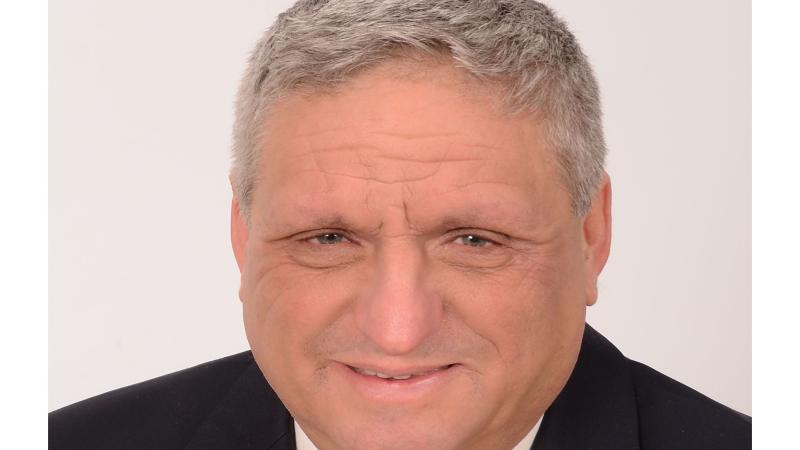March 9, 2015

Zvi Rusak, professor of mechanical, aerospace, and nuclear engineering, at Rensselaer Polytechnic Institute, has been named a fellow of the American Society of Mechanical Engineers (ASME). Rusak was recognized for his contributions to the field of fluid mechanics, including research that informs the aerodynamic design of aircraft.
In conferring the honor, the ASME, formerly known as the American Society of Mechanical Engineers, recognizes Rusak as one of only 3,335 fellows from among the organization’s more than 127,000 members. The organization is devoted to using engineering to improve the quality of life worldwide. Members provide expertise to meet diverse challenges, and they help shape government policy.
Rusak, who has published more than 250 papers, has made seminal contributions to the understanding of fluid flows, the science of liquids, and gases in motion. His research applies to both aeronautical and mechanical engineering systems, including design of aircraft wings, helicopter blades, wind and hydroelectric turbines, and combustors. He has served on the Rensselaer faculty since 1991.
Shekar Garde, dean of the School of Engineering, said the recognition is well-deserved. “Being elected a fellow of ASME is a wonderful recognition of Professor Rusak’s research in modern aeronautical engineering, as well as his tremendous service to the broader engineering community,” said Garde. “His work stands out for its blend of theory and computation, as well as for its high impact on important practical problems, from aerodynamics of aircraft wings to rotorcraft design. We congratulate him on this honor.”
Rusak’s theoretical research has shed light on the vortex breakdown phenomenon, which occurs in vortex flows above airplanes and in swirling flows in pipes and nozzles of engines. He has derived a cohesive theory that explains the nature of the breakdown process in these swirling flows.
In addition, his studies in transonic aerodynamics aim to design aircraft wings, to minimize their drag due to the appearance of shock waves. Other studies seek to improve the maximum lift of wings by modifying their shape to delay flow separation and stall.
Rusak’s publications include more than 80 archival journal papers, including papers in the Journal of Fluid Mechanics, the Physics of Fluids, the AIAA Journal, and the ASME Journal of Fluids Engineering, the four premier journals in the field. Formerly, he served on the editorial board of the ASME Journal of Fluids Engineering and now serves on the editorial board of the AIAA Journal. Rusak also works on various technical committees of the ASME and the AIAA.
Rusak earned his bachelor’s and master’s degrees in aeronautical engineering from the Technion-Israel Institute of Technology, in Haifa, Israel. He worked as an aeronautical engineer at the Israeli Air Force, where he headed the aeroelasticity group. He received his doctorate in aerospace engineering from the Technion-Israel Institute of Technology. He came to Rensselaer as a post-doctorate in the mathematical sciences department, working with Professor Julian D. Cole.